We had a brief class with Craig about the Treaty of Waitangi and historical events that happened at the same time in other countries. This was a pretty cool lesson because I am a fan of history. However, I have never really been too fanscinated with New Zealand history because we are such a young country compared to so many. This blog will also be a fairly structured one as I have questions I need to answer, this topic has always been a difficult one for me so please go easy on me 🙂
1. How do you feel about your understanding on NZ history?
Is your historical information researched based or do you rely on media?
I feel that my understanding and knowledge of NZ history is quite bare. I have had lessons on different aspects of NZ throughout my schooling but have never really let it sink it. It is probably not a great thing to say but it doesn’t interest me. I have been told before that it’s because New Zealand is such a young country, whereas countries like England (whose history I am totally obssessed with) is quite an old country, rich with history. I know some historical information from having to do research for assignments and some from the media that I see on Facebook or the news. I am part Maori and when I was younger used to embrace it, but for some reason it has really taken a back seat in my life.
2.How do you feel about the Treaty?
-What emotions does it bring up for you?
-Is it a them vs us opinion?
-Is it an important NZ document?
I don’t really have any strong feelings towards the Treaty, it is an important New Zealand document, it is a reason why we are where we are today. However, it doesn’t bring up any emotions for me, but I do respect the decisions and sacrifices that were made for this country and my culture. Personally I don’t think there is a them vs us, to me it is us, because let’s face it there is a part of both in nearly all of us. So my opinion on “them vs us”, I have never heard it being said like that, their all a part of our past. I suppose when the treaty was being signed it was to some degree thought of as “them vs us”.
3.Review one of the documents you were shown, post about something important or eye opening you have learnt
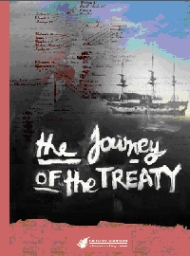 http://www.iaa.govt.nz/images/treaty2.jpg
http://www.iaa.govt.nz/images/treaty2.jpg
I read the document “The Journey of the Treaty” and it really opened my eyes to how much the treaty itself and the people involved had to endure over the last 150ish years. “Nine surviving documents comprising the Treaty have been moved around New Zealand and have been forgotten about, threatened by fire and eaten by rats”. This actually surprised me a lot that a document so important to our history was so mistreated over its lifetime. I had no idea but have always wondered why it was missing so much. “The original English and Maori drafts of the Treaty have both disappeared”. This really amazed me, very mysterious :-). But also quite saddening to know that we will never know what was written on the original English and Maori Treaties. “The Treaty of Waitangi originals were hardly seen again until 1908, when Dr Thomas Hodson came across them in the basement of Government buildings”. How shocking is that? Something so important just so easily forgotten in a basement!! Someone just randomly stumbling upon it, really makes me a little bit disappointed that it was treated in such a way. The Treaty has been repaired many times over 1913-1980, a long time and a lot of repairs, some of which actually made it’s condition worse! The Treaty has finally got a home in the Constitution room at Archives New Zealand, which is nice to know it finally is having the care and upkeep that it deserves.
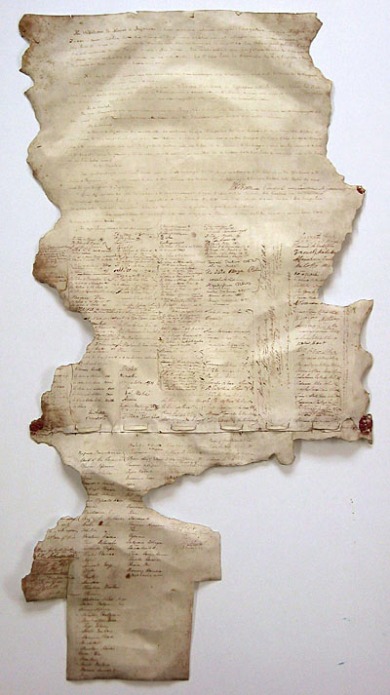 http://www.danielreeve.co.nz/Waitangi/images/Waitangi.jpg
http://www.danielreeve.co.nz/Waitangi/images/Waitangi.jpg
What also opened my eyes is how much these men and women endured over the period of the Treaty signing. For example; Governor William Hobson suffered a stroke which left half his body paralysed and yet he still continued to his best efforts to see that the Treaty was signed. Using his left hand (he was right handed) to sign and seal some copies of the Treaty, left a strange signature due to the fact that the right side of his body was paralysed. This is really amazing that even through something as serious as a stroke, their commitment was great, they are the reason why we are where we are today. Crazy when you think about it like that!
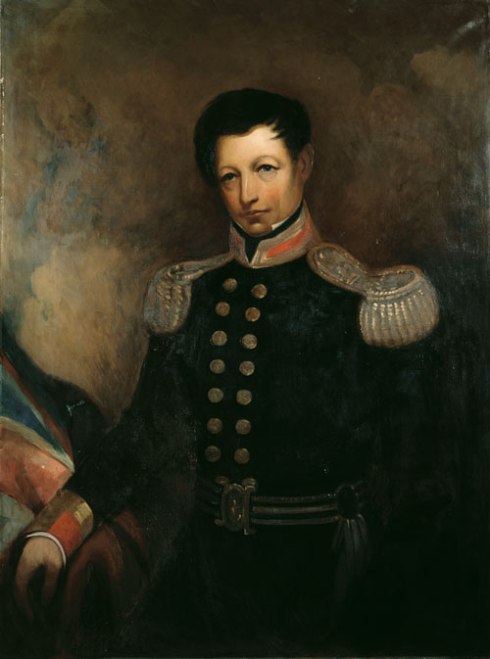 http://www.teara.govt.nz/files/36339-atl.jpg
http://www.teara.govt.nz/files/36339-atl.jpg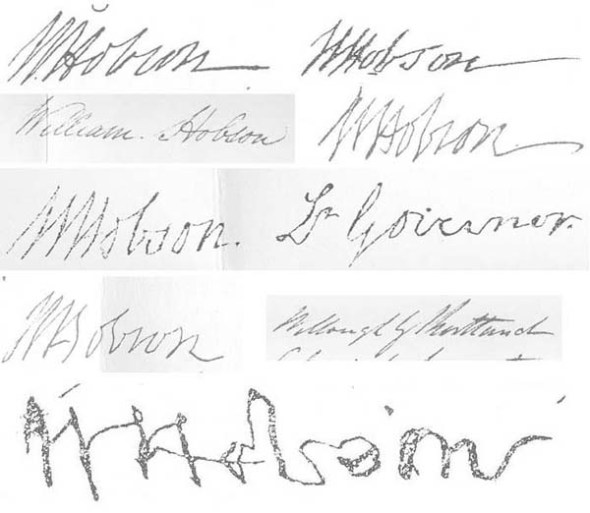 http://www.treatyofwaitangi.net.nz/HobSigMontage.JPG
http://www.treatyofwaitangi.net.nz/HobSigMontage.JPG
4. How does New Zealand history fit in with what was happening globally in regards to the Treaty happening and not outright domination? Yet this still ending up with the Maori wars
This has been very interesting for me because I have never thought about what other parts of the world were going through at the same time, the differences, the similarities. I tried to focus on events that were happening the same year or very close to when the Treaty was signed, 1840. So let’s begin!
Lebanon
- 10th September 1840: Ottoman Empire (now Turkey) and British troops bombard Beirut (the capital and largest city of Lebanon) and land troops on the coast to pressure Eqyptian Muhammad Ali (who took over their lands in the first Turko-Egyptian war) to retreat from the country.
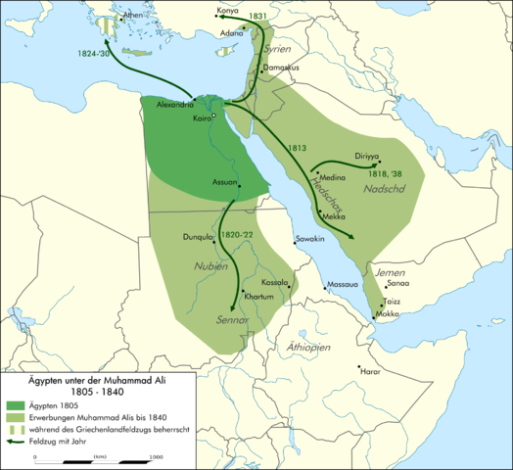
(picture above, extent of Muhammad Ali’s rule in 1840)
http://upload.wikimedia.org/wikipedia/commons/thumb/c/c4/Egypt_under_Muhammad_Ali_map_de.png/524px-Egypt_under_Muhammad_Ali_map
- 14th October 1840: Bashir Shihab (most powerful figure in Greater Syria during the first part of the 19th century) leader of the Maronites surrenders to British forces and goes into exile in Malta (a small island in the middle of the Mediterranean).

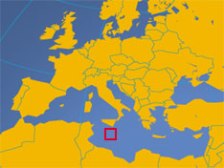 http://www.nationsonline.org/map_small/malta_small_map.jpg
http://www.nationsonline.org/map_small/malta_small_map.jpg
http://upload.wikimedia.org/wikipedia/commons/1/11/
Ireland
1840s – 1850s: The Great Famine of the 1840s caused the deaths of one million Irish people and over a million more emigrated to escape it. Sometime referred to as “Irish Potato Famine”. The rumoured cause of the famine was a potato disease commonly known as “potato blight”. A census taken in 1841 showed a population over 8 million. In 1851 after the famine another one was taken which showed a population of approximately 6,552,385, a drop of almost 1.5 million in 10 years.
http://en.wikipedia.org/wiki/1840s
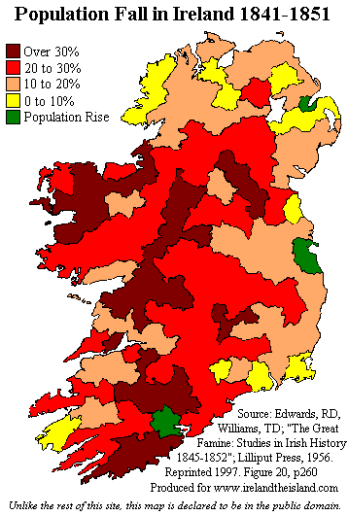 http://upload.wikimedia.org/wikipedia/commons/2/29/Ireland_population_change_1841_1851.png
http://upload.wikimedia.org/wikipedia/commons/2/29/Ireland_population_change_1841_1851.png
Canada
23rd July 1840 – 25th April 1849: In July 1840 the Province of Canada is created by the Act of Union. In February 1841 the two colonies of The Canadas are merged into the United Province of Canda. In March 1848, the first Joint Premiers of the Province of Canada are elected under a system of “responsible government” (Canadian meaning of Responsible Government). In April 1849, James Bruce 8th Earl of Elgin, the Governor General of Canada, signs the “Rebillion Losses Bill” (basically a compensation for the victims of 1837 Rebellions), outraging Montreal’s English population and triggering the Montreal Riots.

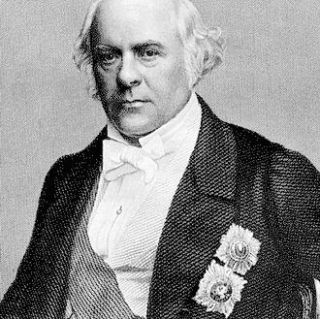 http://www.thecanadianencyclopedia.com/en/article/rebellion-losses-bill/
http://www.thecanadianencyclopedia.com/en/article/rebellion-losses-bill/
http://3.bp.blogspot.com/-5Ar-rMLlpYM/T6xb2lNw7CI/AAAAAAAAXcU/OE-61PAo6rw/s1600
China
1839-1842: The First Opium War also known as the Anglo-Chinese War, was fought between Great Britain and China over their different views on diplomatic relations, trade and the administration of justice for foreign nationals. Prior to the conflict Chinese officials wished to end the spread of opium and confiscated around 20,000 chests of opium (approx 1.21 million kgs) from British traders. In 1842 the Treaty of Nanking was signed establishing Hong Kong as a British Colony.
http://en.wikipedia.org/wiki/First_Opium_War
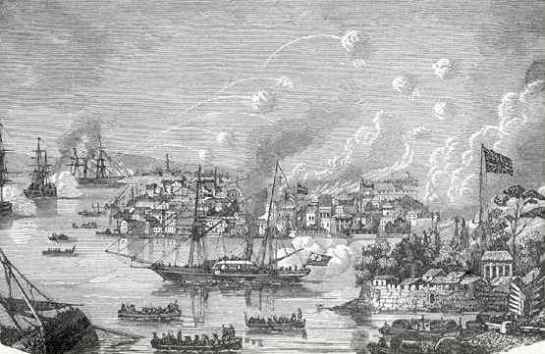 http://blog.holachina.net/wp-content/uploads/2009/03/british-ships.jpg
http://blog.holachina.net/wp-content/uploads/2009/03/british-ships.jpg
America
1846-1848: The Mexican-American War was fought between the United States and the Centralist Republic of Mexico. In 1845 America won and gained undisputed control over Texas and portions of Arizona, California and New Mexico.
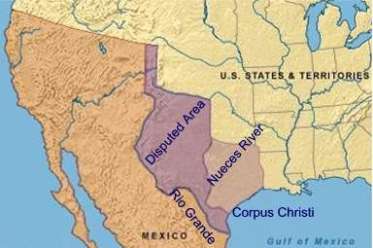 http://mexicanhistory.org/mexusmap2.jpg
http://mexicanhistory.org/mexusmap2.jpg
1848: The Seneca Falls Convention (first convention for women’s rights) was held in Seneca Falls, New York. Discussed the social, civil and religious condition and rights of women. (http://en.wikipedia.org/wiki/Seneca_Falls_Convention)
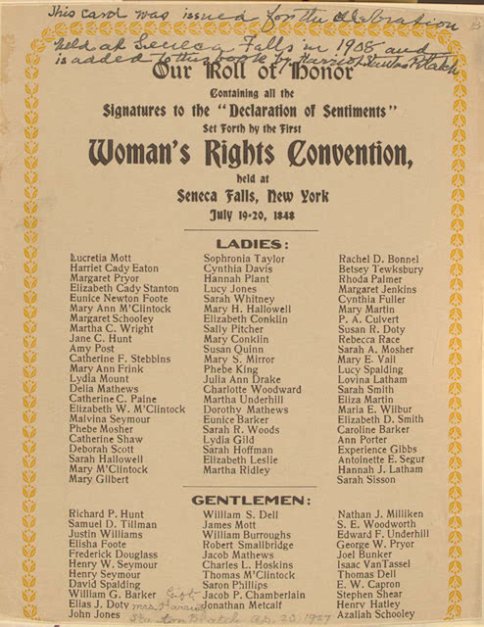 http://media.tumblr.com/tumblr_l3mjxdjvoy1qagi24.jpg
http://media.tumblr.com/tumblr_l3mjxdjvoy1qagi24.jpg
1837: Panic of 1837 triggered by the failing banks in America is followed by a severe depression lasting until 1845. Profits, prices and wages went down while unemployment went up. It was caused by a variety of things, speculative lending practices in western states, a sharp decline in cotton prices, a collapsing land bubble, international specie flows and restrictive lending policies in Great Britain. Basically the years 1837-1844 were years of deflation in wages and prices.
http://en.wikipedia.org/wiki/Panic_of_1837
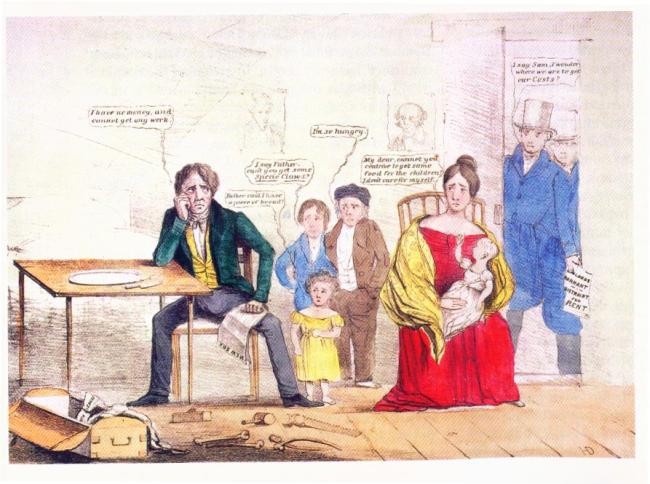 http://en.wikipedia.org/wiki/Panic_of_1837
http://en.wikipedia.org/wiki/Panic_of_1837
That is just a speck of the major events happening around the world in the 1840s, not a good time! Now my understanding of this question is a bit hazy but I’m going to try and answer it the best I can :-). As you can see from the wars that were happening globally at the time, they were “settled” at some point with a treaty or an agreement not complete domination. The Mexican-American War, similar to the Treaty of Waitangi in the way that Americans wanted Mexican land, they believed it was theirs so they took it at first by force but then it was settled (they won) and they gained land. A similar situation happened to the English and Maori, the English wanted Maori land, there were many treaties signed but the Maori felt like they were being cheated so there was force, in the end they came to an agreement. So, what was happening in New Zealand in 1840 was pretty much happening all over the world. Craig mentioned in class “don’t think the Maori people didn’t travel the world”, I believe they did, they would have seen what was happening globally. They would have seen similar arguments, outcomes, wars. Probably got some ideas as well! My personal opinion is that the English organised the treaty because they were surprised at how strong the Maori actually were, they saw France as a threat to this land they wanted and the Maori saw a way to still have wanted land without the risk of becoming extinct by the British forces. So, the treaty was signed instead of resorting to “outright domination”.
5. How could this global perspective help ease tensions in NZ, allowing us to remove the “us vs them” mentality and see that we were apart of something bigger.
This global perspective would definitely ease tensions in New Zealand! It comes down to the simple fact that we are not alone!! Constantly, then and now around the world there have been an uncountable amount of similar occurrences as we had here in New Zealand. I mean as “New Zealanders” (taking into account our “young” history) we have got it pretty lucky compared to some other parts of the world, who to this day are still fighting. It’s pretty silly to define New Zealand as a “us vs them” country when there is a part of so many different cultures in us. I have both Maori (my mum) and English (my dad) in me as well as so many other people in this country. We need to realise that just because it’s our own country doesn’t mean what the English have been doing to the Maori people for years is ok. We are all part of this country, we need to accept each other as equal parts of this country. With all the chaos in the world we just need to take a step back and take a look at the bigger picture!!
6. What does the united nations have to do with the Treaty?
The United Nations Declaration on the Rights of Indigenous Peoples, the United Nations adopted this declaration in September 2007. It was described by the UN as “a landmark declaration that brought to an end nearly 25 years of contentious negotiations over the rights of native people to protect their lands and resources, and to maintain their unique cultures and traditions.” The declaration includes both individual and collective rights; cultural rights and identity, rights to education, health, employment, language. It declares discrimination against indigenous peoples unlawful and promotes their full and effective participation in all matters that concern them. The declaration explicitly encourages harmonious and cooperative relations between States and indigenous peoples.
http://www.hrc.co.nz/human-rights-and-the-treaty-of-waitangi/united-nations-declaration-on-the-rights-of-indigenous-peoples/
In 2010 arguments and disagreements carried on between the Maori and English, which provoked the United Nations attentions. “I cannot help but note the extreme disadvantage in the social and economic conditions of Maori people, which are dramatically manifested in the continued and persistent high levels of incarceration of Maori individuals,” James Anaya, UN Special Rapporteur on indigenous people. Who was visiting New Zealand over a six day period, welcoming the country’s recent endorsement of the UN Declaration on the Rights of Indigenous Peoples. “This declaration, far from affirming rights that place indigenous people in a privileged position, aims at repairing the ongoing consequences of the historical denial of the right to self-determination and other basic human rights,”. He highlighted the process for settling historical and comtemporary claims based on the 1840 Treaty of Waitangi.

http://www.un.org/apps/news/story.asp/story.asp?NewsID=35415&Cr=indigenous&Cr1=#.UzZjRPmSxLE
I believe that is a fair declaration, that finally after so many years of “he said, he said” between English and Maori, the Maori are starting to get their side of the agreement. The UN has really put forward a declaration to be proud of. Allowing the Maori culture rights, after so many years of discrimination. The United Nations part in the Treaty of Waitangi these days is inforcing the rights Maori people were promised.
7.Read the document that outlines the Treaty. What clause seems to be the most significant to you. Why?
Article the third
English Text
“In consideration thereof Her
Majesty the Queen of England
extends to the Natives of New
Zealand Her royal protection and
imparts to them all the Rights and
Privileges of British Subjects”.
Why is this significant to me? Reading over the English text of the treaty, has made me oddly quite fustrated because of the fact that so much was promised to the Maori people and nothing was delivered. They gave up their land, their homes and got pretty much nothing in return. As it says above they were promised protection, rights and privileges of British subjects but it has taken over 160 years for the treaty to be reinforced. It is quite saddening to read the treaty and know that really to be frank it was a bunch of lies. I have never really had much interest or care towards the treaty, but reading it especially this part has made me feel quite disppointed. Why were they not given what they were promised? Did the English intentionally do that? Knowing that the UN has started to inforce Maori rights is a relief. I have heard a few times that life being a Maori way back in the day wasn’t easy, they were discriminated against, they weren’t allowed to express their culture, their language. So, this part is significant to me because it reminds me of all the struggles and hard ship Maori people have been through just to be who they are and to get what they were promised.
8. Why is the treaty still relevant today? Why is it still legal and binding today?
I found this, someone wrote on a webpage and I think it is very interesting and well put.
“Outside the Treaty of Waitangi the government has no other written constitution to govern. When David Lange broke ties to the queen, he unwittently severed any further right to govern.
I can’t think why the Treaty should be judged because if its age. Our whole system of government is based on archaic notions such as the royal perogative. If age is a disqualification, we need a new constitution, this time at which both sides have a lawyer.
The Treaty of Waitangi was an agreement made between the Crown and the existing nation of inhabitants of Aotearoa. It is therefore dishonourable that anyone should abandon it for the sake of convenience. What lacks in this argument is perspective – if this was the case now between modern NZ and an advanced power who wished to colonize us only to abandon their promises.
Absolutely it is. Someone said the treaty was between “a group of Maori tribes and Queen Victoria”. It was, and still is, between the Crown and the Maori who signed it. What’s hilarious is that a lot of English seem to think the Treaty is some terrible thing that gives Maori all sorts of privileges. In reality, it gives us the privilege to be here. Before the Treaty, the Crown had no right to enforce any law here and that’s one of the reason’s it was signed.
The Treaty should stay, could you imagine how dysfunctional the country would be if we stop adhering to what it relates to? There would be no government, no protection to anybody and I bet there would be a big war. We didn’t sign it but I still see people are listening and obeying the rules of the government which is saying something!”
http://www.politics.org.nz/webapps/cid/23106/44861/vote/vote-debate.html?questid=114
Why is the treaty still relevant today? Because it is what our whole country is based on. It is the foundation of our government. The treaty gives everyone a place to belong. The right to be here for those whose ancestory is not from the local indigenous peoples stems from the relationship made with those peoples. It may be old pieces of paper to some, forgotten about for years almost destroyed by fire and rats. To others it is our governments first stepping stone, it is the reason why we are where we are today. Why would we put aside something that was kept this country running for years. The Treaty itself has been incorporated into New Zealand law as far back as 1865, although there have been arguments to take these incorporations out of NZ law but it was indicated that even if it happened, the Treaty may still have been legally binding. I personally believe that it’s good the treaty is still relevant today and it should be for many more years. We can’t ignore our history, the hard ships, the wars, the arguments both English and Maori have had because of this treaty and we want to put all that aside for something new? That will no doubt suit the governments (John Keys) agenda (no offence intended). Even if we don’t include it in New Zealands law it is still the founding document of New Zealand as a nation and we should embrace it.
Click to access TheRelevanceOfTheTreatyToday-KMP.pdf
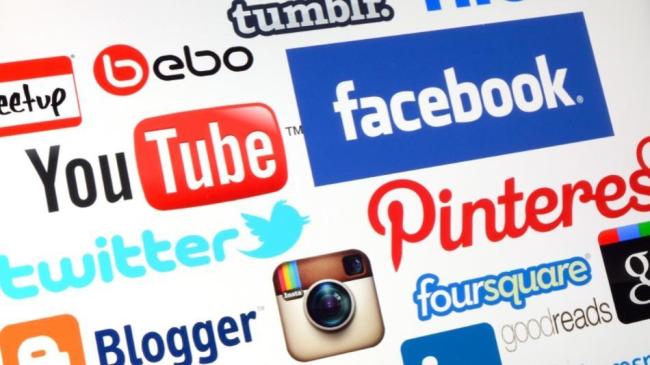
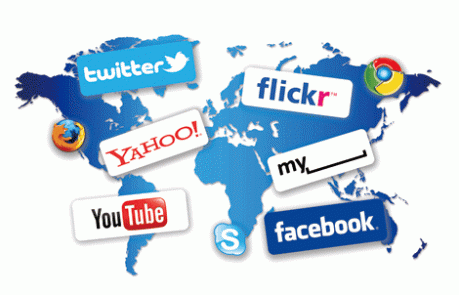
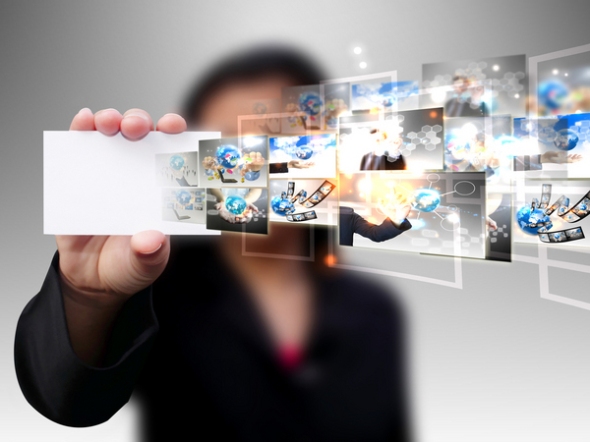




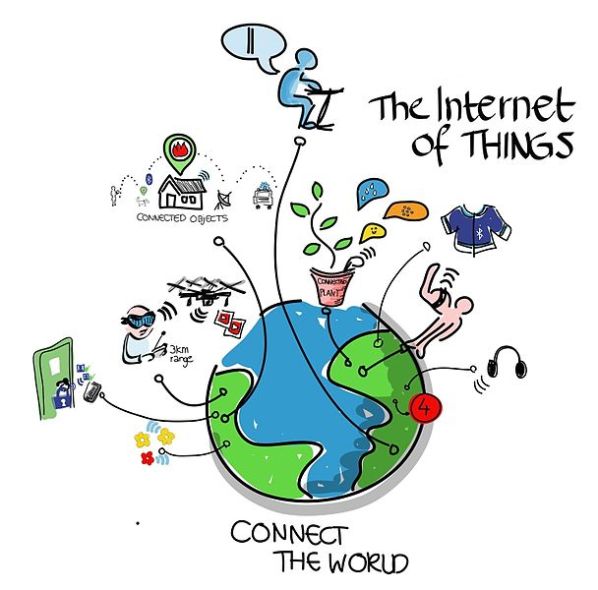

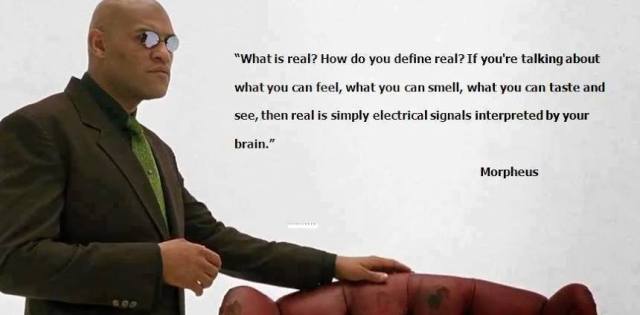

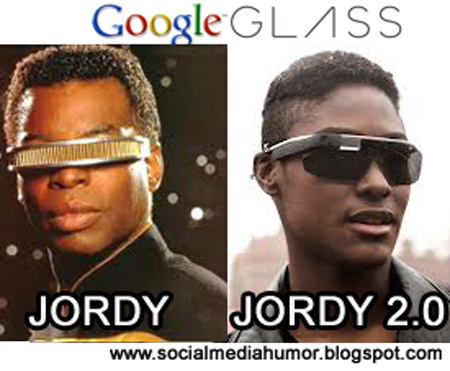


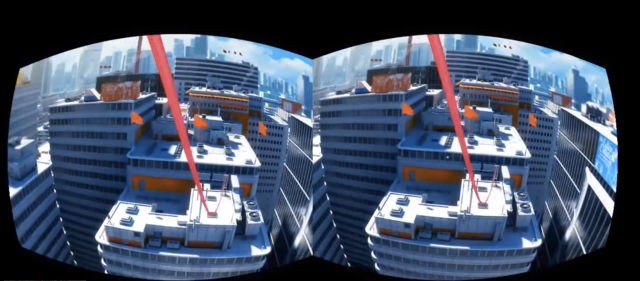
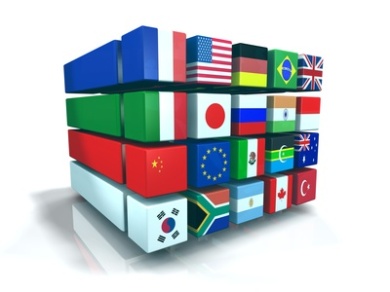

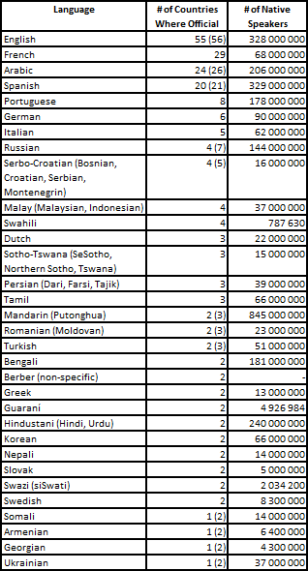
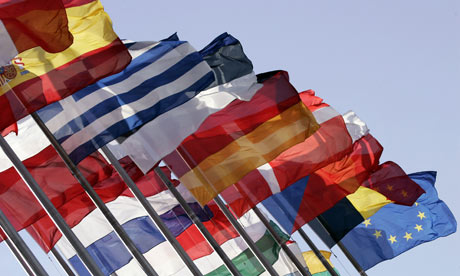

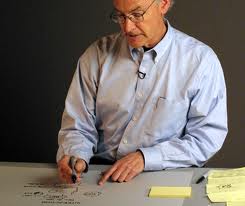
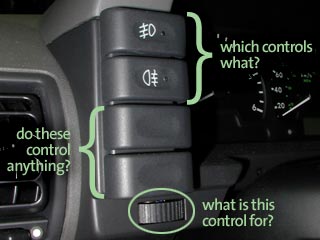



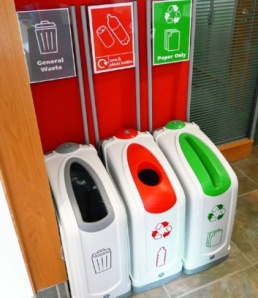
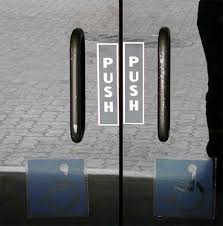
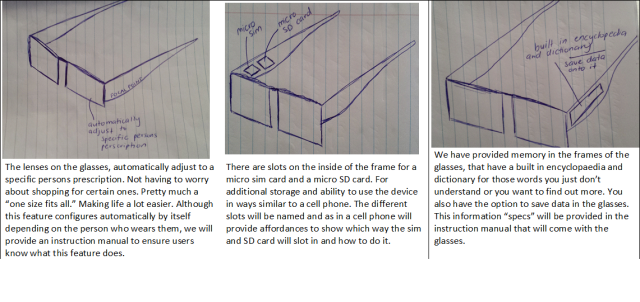
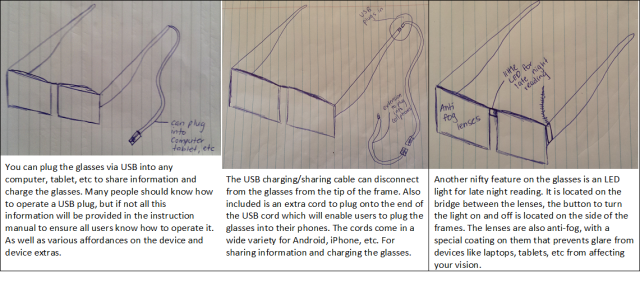
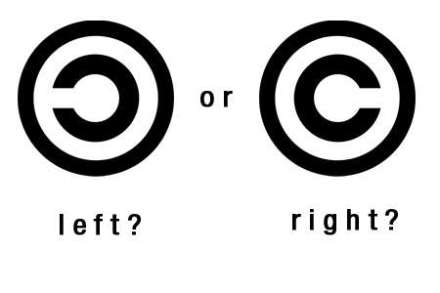

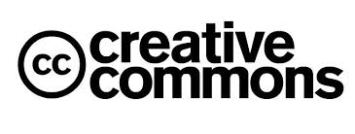



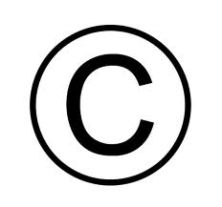


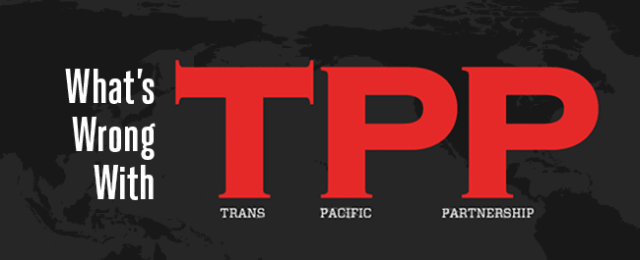
 http://www.iaa.govt.nz/images/treaty2.jpg
http://www.iaa.govt.nz/images/treaty2.jpg
 http://www.teara.govt.nz/files/36339-atl.jpg
http://www.teara.govt.nz/files/36339-atl.jpg http://www.treatyofwaitangi.net.nz/HobSigMontage.JPG
http://www.treatyofwaitangi.net.nz/HobSigMontage.JPG


 http://upload.wikimedia.org/wikipedia/commons/2/29/Ireland_population_change_1841_1851.png
http://upload.wikimedia.org/wikipedia/commons/2/29/Ireland_population_change_1841_1851.png


 http://mexicanhistory.org/mexusmap2.jpg
http://mexicanhistory.org/mexusmap2.jpg



